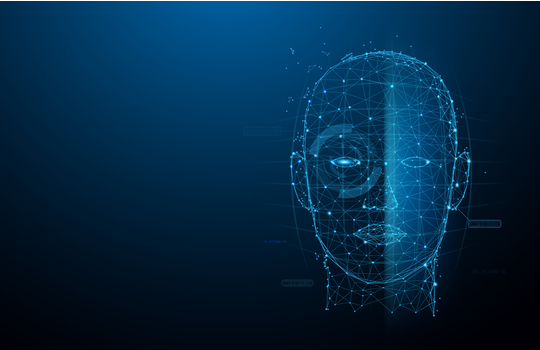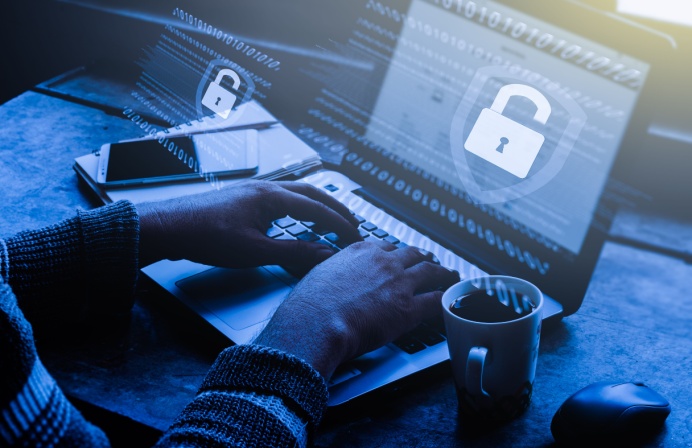
Queensland’s Department of Transport and Main Roads (TMR) will adopt biometric image processing on its new ‘smart card’ drivers’ licences in a bid to tackle identity fraud and prevent the issuance of fake IDs, contracting Unisys to deliver the next-gen facial recognition technology.
Under the multi-year agreement, the Department will implement Unisys’s subscription-based Facial Signature Image Processing system, adding an extra layer of biometric security and fraud protection on top of its recently updated smart chip integrated licences.
Based on the Unisys Stealth(identity) multi-factor identity management and authentication solution, the new system automates the capture of biometric data used in identity authentication. The cloud-based platform provides a configurable application programming interface, allowing biometric authentication to be integrated across both physical and digital channels, including mobile devices.
TMR’s Chief Information Officer Sandra Slater said the adoption of image capture platform will augment the state’s existing digital security measures for its smart licenses, reducing the risk of identity theft and fraud.
The subscription-based biometrics solution will further include a management dashboard to monitor device performance, as well as facial image compliance software, facial image capture devices, and signature capture devices.
Unisys will also provide the TMR service desk support for the existing fleet of facial image capture devices, case management software, and field services across the state.
The Queensland Government introduced its new contactless ‘smart card’ licence in April this year – the first significant update to its drivers’ licences and IDs in nine years. In addition to a number of stylistic changes and additional “security overlays”, the new card also embeds a readable NFC chip, supporting a new tap and scan feature that allows authorities and third parties to electronically verify the ID holder’s card details.
Drivers’ licence fraud remains a major concern for Australian authorities. A 2018 report by IDCARE, a not-for-profit identity and cyber support service, found drivers’ licences were the most targeted credential misused by criminals, involving more than 20 per cent of IDCARE’s clients in 2017.
According to the Identity crime and misuse in Australia 2017 report by the Australian Institute of Criminology: “Driver licences continue to be among the most commonly targeted identity credentials, partly because of their widespread use in the community as proof of identity, and partly because they are a source of highly sought after personal information such as name, address and date of birth.”
The report revealed that it takes on average 7.25 hours (approximately one day’s work) to investigate a case of suspected identity crime, with some fraudulent driver licence cases taking months to investigate.





